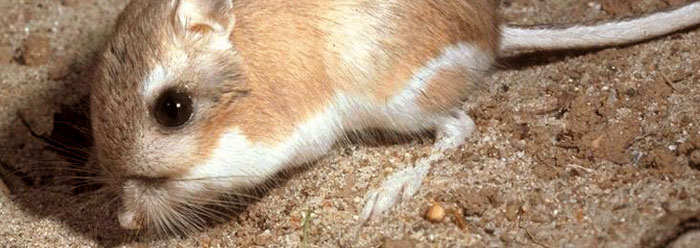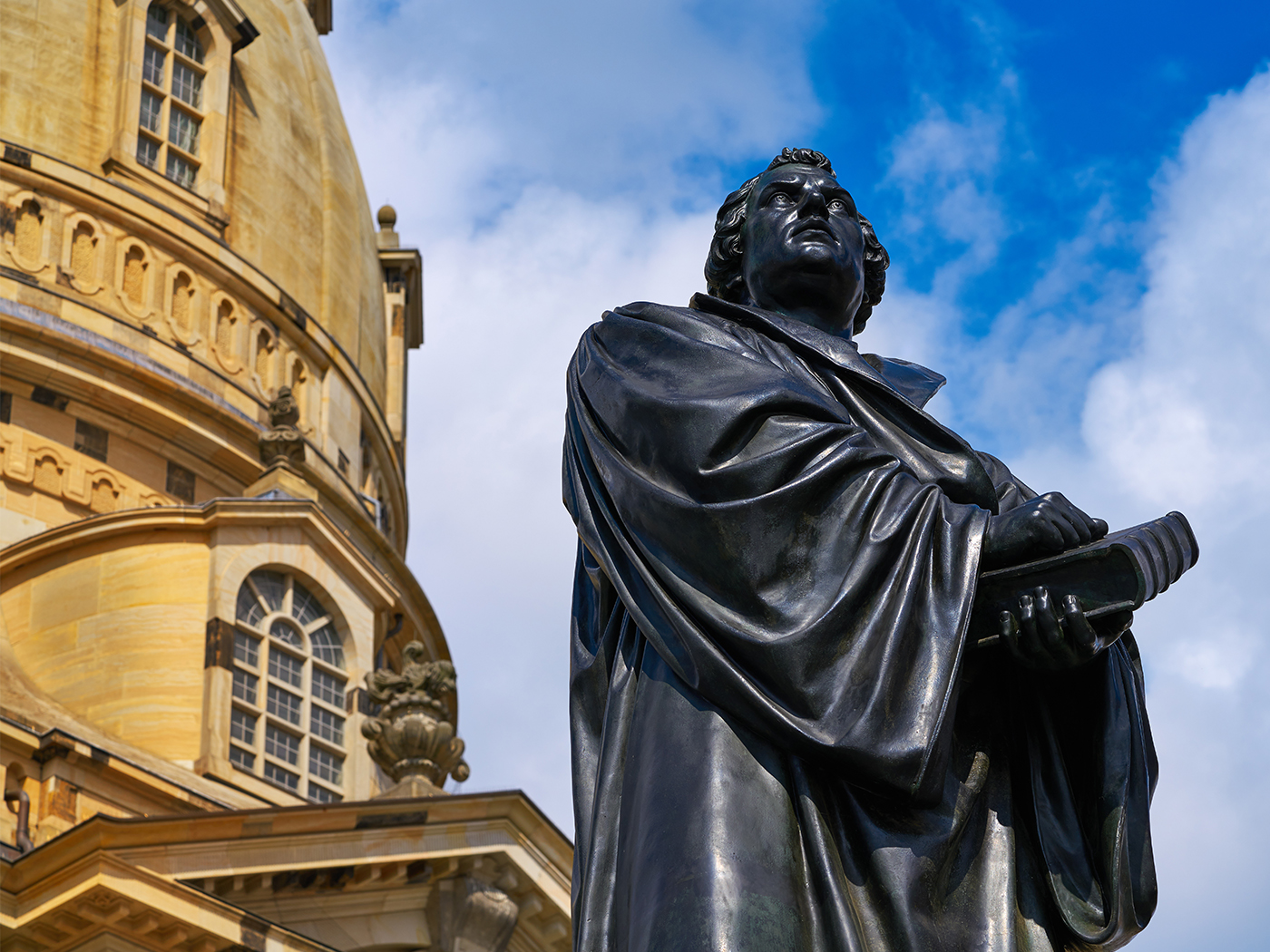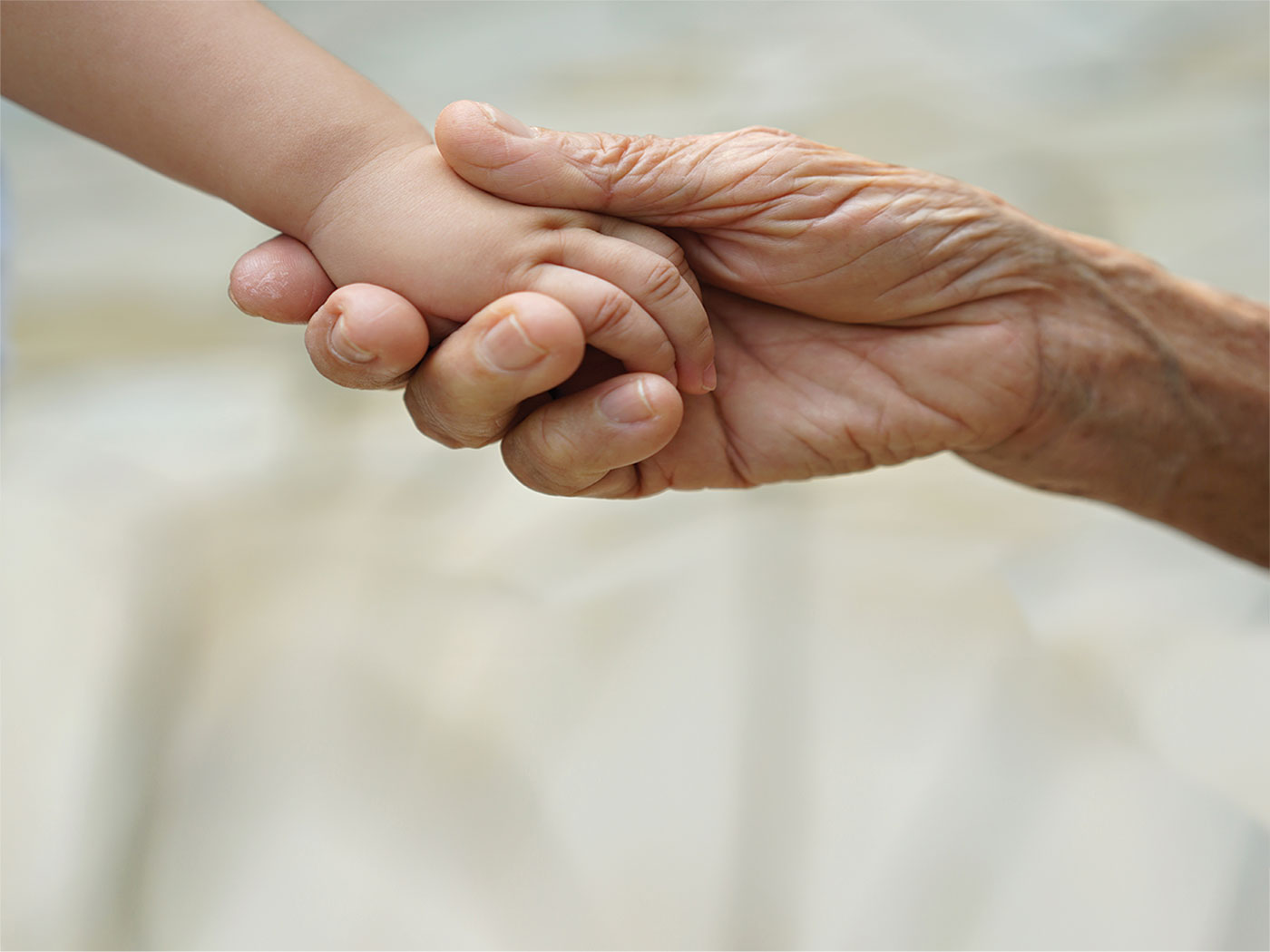Hormones are small chemical switches that turn on or off different cellular systems. They are tissue-specific, most often produced by the tissue of one organ, distributed in mammals via the bloodstream, then received by precise protein receptors found elsewhere in the body. They are like keys made at the hardware store, distributed via street traffic, then received by precise locks elsewhere in the city. Each specific hormone’s meaning is interpreted by the cell, which responds appropriately. Thus, hormones are essential to the regulation of body processes such as digestion, reproduction, temperature and hydration levels, and a fight-or-flight metabolism.
While studying the causes and effects associated with hormones in the wild, San Francisco State Biology Professor Jan Randall found that different kinds of animals have unique solutions to the technical issues regarding body process regulation. To understand how social animals regulate one of these processes—the stresses from overcrowding—she collected and analyzed feces from the Uzbekistan great gerbil and the California kangaroo rat for six years.
In an SF State news release, Randall said that “we must rethink our evolutionary models of hormones” because “we see species specific adaptation of control systems.”1 Darwinian evolution would predict that once a hormone control system evolved in a common ancestor, that system should be retained in its descendants—the creatures that are alive today. But this is not what scientists have observed. The same hormone does not produce the same effect in similar tissues of different species, or kinds.
What would the survival advantage be for an organism to spend its precious energy inventing new solutions to technical problems that are already solved by the functional hormonal control systems it currently possesses? And yet, if evolution is true, that must have happened multiple times.
Randall found distinct hormone control systems within distinct kinds, just as the creation model would predict. Each hormone switches on or off a certain cellular process, and that process only makes sense in the context of that animal kind’s overall physiology. Like other foundational concepts provided by God in His Word, the principle of kinds reproducing according to their basic forms has never been invalidated by scientific observation.2
References
- Findings raise new questions about evolution of hormones in mammals. San Francisco State University press release, February 13, 2009.
- Genesis 1:24-25.
* Mr. Thomas is Science Writer.
Article posted on March 5, 2009.

























